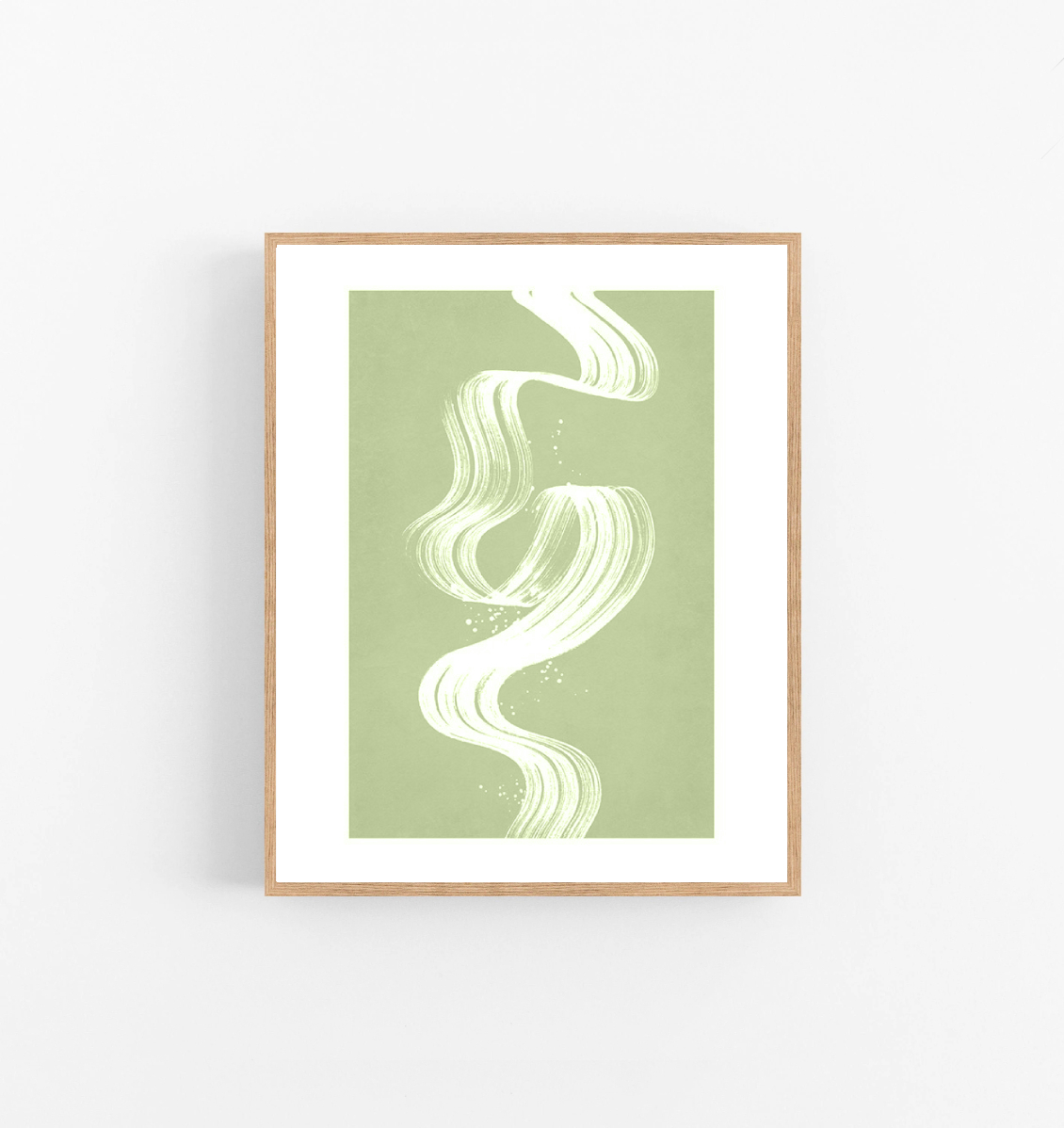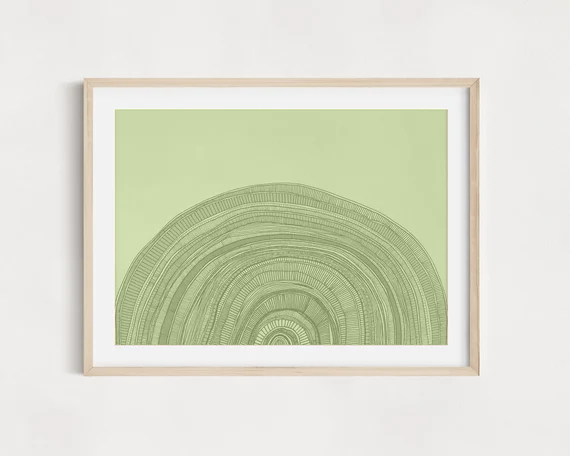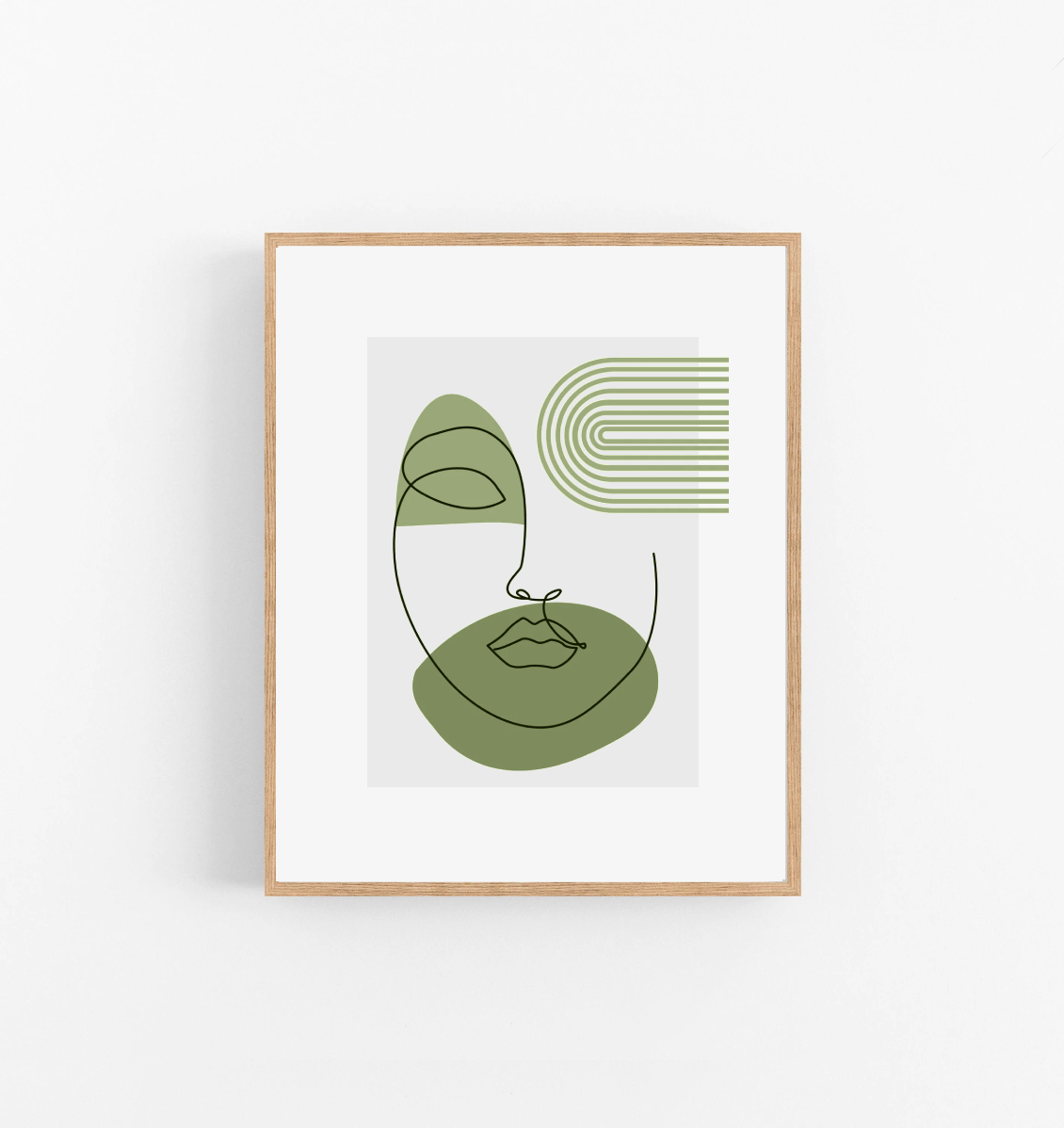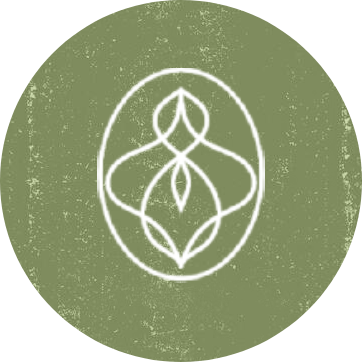Auntie Flow
What We Treat

Gastrointestinal
Conditions
- Acid Reflux
- Bloating
- Constipation
- Diarrhea
- Heartburn
- Indigestion
- Nausea/Vomiting
- Poor Appetite

Lung/Respiratory
Conditions
- Allergies
- Asthma
- Cough/Cold
- Shortness of breath
- Sore Throat

Pain
Conditions
- Headaches
- Myofascial/Body Pain
- Sprains/Strains
- Stiffness
- Tingling/Numbness

Gynecological
Conditions
- Menstruation (cramps, heavy periods, long periods, amenorrhea, dysmenorrhea, early periods, late periods, irregular periods)
- PMS (bloating, breast distention/swelling, mood swings, crying, cravings, insomnia/sleep disturbances, sweating)
- Peri/Menopause (hot flashes, sweating, vaginal dryness, anger outbursts, irritability, fatigue, insomnia, headaches)
- Pre/Post Natal and Pregnancy

Mental Health
Conditions
• Anger Outbursts
• Anxiety
• Fatigue
• Insomnia/Sleep Disturbance
• Irritability
• Poor Memory
• Sadness/Depression
• Stress

Gastrointestinal
Conditions
- Acid Reflux
- Bloating
- Constipation
- Diarrhea
- Heartburn
- Indigestion
- Nausea/Vomiting
- Poor Appetite

Gynecological
Conditions
- Menstruation (cramps, heavy periods, long periods, amenorrhea, dysmenorrhea, early periods, late periods, irregular periods)
- PMS (bloating, breast distention/swelling, mood swings, crying, cravings, insomnia/sleep disturbances, sweating)
- Peri/Menopause (hot flashes, sweating, vaginal dryness, anger outbursts, irritability, fatigue, insomnia, headaches)
- Pre/Post Natal and Pregnancy

Lung/Respiratory
Conditions
- Allergies
- Asthma
- Cough/Cold
- Shortness of breath
- Sore Throat

Mental Health
Conditions
- Anger Outbursts
- Anxiety
- Fatigue
- Insomnia/Sleep Disturbance
- Irritability
- Poor Memory
- Sadness/Depression
- Stress

Pain
Conditions
• Headaches
• Myofascial/Body Pain
• Sprains/Strains
• Stiffness
• Tingling/Numbness
auntie flow
Frequently Asked Questions
How often should I get Acupuncture?
For acute conditions: 1-2 times per week for 2-4 weeks depending on the condition and then re-assess.
For chronic conditions: A general rule is however long you have been dealing with the condition, split that in half, and use that timeframe as the amount of time needed to improve your condition.
For maintenance and general well-being: A minimum of once per month.
What are the benefits of taking Chinese Herbal Medicine?
Chinese herbal medicine has been used for over two thousand years in the treatment of various ailments and diseases. Herbal medicine has been prescribed for anything as simple as the common cold to digestive issues, pain, regulating the menstrual cycle and skin issues to name a few.
Chinese herbal medicine is unique in that rather than using single herbs or single supplements, such as western herbs and supplements, Chinese herbal formulas are put together in multi-herb combinations. A great benefit of taking Chinese herbal medicine is that it is quite simple and easy, allowing you to have treatment at home or on the go. At Auntie Flow, we prescribe Chinese herbal medicine in granule form (powder) which is simply mixed with hot water from the kettle and drank twice a day. This makes it easy to keep up with the prescription, as there is no cooking time needed (unlike traditional raw herbs).
How much will Chinese Herbal Medicine cost me?
Chinese herbal medicines vary in price due to the fluctuating prices of the herbs.
Granules: $20-$40 per week.
What is the difference between Dry Needling and TCM Acupuncture?
Dry needling penetrates the skin at specific trigger points (hyperirritable spots of knotted or hard muscle to release tension). TCM Acupuncture targets points along meridian lines, representing bodily organs, with the goal of restoring balance and proper energy flow to the patient’s body.
TCMPs and Acupuncturists also do both local and distal needling. For example, it is beneficial for a client who has come in with knee pain to needle distally. It is natural for the patient to not want their knee needled. A TCMP/Acupuncturist, can needle distally away from the knee either on the opposite leg, and/or upper body, depending on the diagnosis.
Do needles hurt?
The needles we use are high quality, individually wrapped and stainless steel. They’re thin, flexible and designed so that you feel little, if any discomfort when they’re inserted.
The fingers and toes have a higher concentration of nerve endings near the surface of the skin, so points on the extremities are naturally more sensitive than those closer to the center of the body.
It’s very common to experience a range of sensations during an acupuncture treatment. Some patients barely feel anything, while others report a dull, achy sensation, itchiness, heaviness, or even a little zing when the needle first goes in.
Are Chinese herbs safe? How long would I have to take them for?
Chinese herbal formulas are very safe and have little to no side effects. Each formula even has support herbs to lessen any possible side effects. For example, if a particular formula may be strong in the stomach, herbs are often included to moderate other herbs and support the stomach lessening any side effects such as bloating or upset stomach.
For acute conditions: Chinese herbal prescription for 3-7 days and then we would re-assess.
For chronic conditions: Chinese herbal prescription for 10-14 days and then we would re-assess.
For maintenance and general well-being: Chinese herbal prescription for 10-14 days and then we would re-assess.
Do I need to take Chinese Herbal Medicine? Can I just do Acupuncture or vice versa?
Does cupping hurt? It looks like it leaves strong marks on the body.
A lot of people say it feels like a deep tissue massage with a feeling of release that lasts for weeks. Cupping brings the blood to the skin's surface so it can definitely leave marks, however these marks tend to disappear within 3-7 days.
Cupping is great for anyone experiencing acute and chronic pain, headache, common cold, cough, painful menstruation, stress, and anxiety. However, it is not advised for those with skin irritations or a high fever. Also, pregnant women should avoid cupping on their stomach and lower back.
How often should I get Acupuncture?
For acute conditions: 1-2 times per week for 2-4 weeks depending on the condition and then re-assess.
For chronic conditions: A general rule is however long you have been dealing with the condition, split that in half, and use that timeframe as the amount of time needed to improve your condition.
For maintenance and general well-being: A minimum of once per month.
Do needles hurt?
The needles we use are high quality, individually wrapped and stainless steel. They’re thin, flexible and designed so that you feel little, if any discomfort when they’re inserted.
The fingers and toes have a higher concentration of nerve endings near the surface of the skin, so points on the extremities are naturally more sensitive than those closer to the center of the body.
It’s very common to experience a range of sensations during an acupuncture treatment. Some patients barely feel anything, while others report a dull, achy sensation, itchiness, heaviness, or even a little zing when the needle first goes in.
What are the benefits of taking Chinese Herbal Medicine?
Chinese herbal medicine has been used for over two thousand years in the treatment of various ailments and diseases. Herbal medicine has been prescribed for anything as simple as the common cold to digestive issues, pain, regulating the menstrual cycle and skin issues to name a few.
Chinese herbal medicine is unique in that rather than using single herbs or single supplements, such as western herbs and supplements, Chinese herbal formulas are put together in multi-herb combinations. A great benefit of taking Chinese herbal medicine is that it is quite simple and easy, allowing you to have treatment at home or on the go. At Auntie Flow, we prescribe Chinese herbal medicine in granule form (powder) which is simply mixed with hot water from the kettle and drank twice a day. This makes it easy to keep up with the prescription, as there is no cooking time needed (unlike traditional raw herbs).
Are Chinese herbs safe? How long would I have to take them for?
Chinese herbal formulas are very safe and have little to no side effects. Each formula even has support herbs to lessen any possible side effects. For example, if a particular formula may be strong in the stomach, herbs are often included to moderate other herbs and support the stomach lessening any side effects such as bloating or upset stomach.
For acute conditions: Chinese herbal prescription for 3-7 days and then we would re-assess.
For chronic conditions: Chinese herbal prescription for 10-14 days and then we would re-assess.
For maintenance and general well-being: Chinese herbal prescription for 10-14 days and then we would re-assess.
How much will Chinese Herbal Medicine cost me?
Chinese herbal medicines vary in price due to the fluctuating prices of the herbs.
Granules: $30-$80 per week.
Do I need to take Chinese Herbal Medicine? Can I just do Acupuncture or vice versa?
The benefit of doing acupuncture and taking Chinese herbal medicine together is that Chinese herbal medicine helps sustain the effects of your acupuncture treatment. However you can do acupuncture or take Chinese herbal medicine without the other.
What is the difference between Dry Needling and TCM Acupuncture?
Dry needling penetrates the skin at specific trigger points (hyperirritable spots of knotted or hard muscle to release tension). TCM Acupuncture targets points along meridian lines, representing bodily organs, with the goal of restoring balance and proper energy flow to the patient’s body.
TCMPs and Acupuncturists also do both local and distal needling. For example, it is beneficial for a client who has come in with knee pain to needle distally. It is natural for the patient to not want their knee needled. A TCMP/Acupuncturist, can needle distally away from the knee either on the opposite leg, and/or upper body, depending on the diagnosis.
Does cupping hurt? It looks like it leaves strong marks on the body.
A lot of people say it feels like a deep tissue massage with a feeling of release that lasts for weeks. Cupping brings the blood to the skin's surface so it can definitely leave marks, however these marks tend to disappear within 3-7 days.
Cupping is great for anyone experiencing acute and chronic pain, headache, common cold, cough, painful menstruation, stress, and anxiety. However, it is not advised for those with skin irritations or a high fever. Also, pregnant women should avoid cupping on their stomach and lower back.
